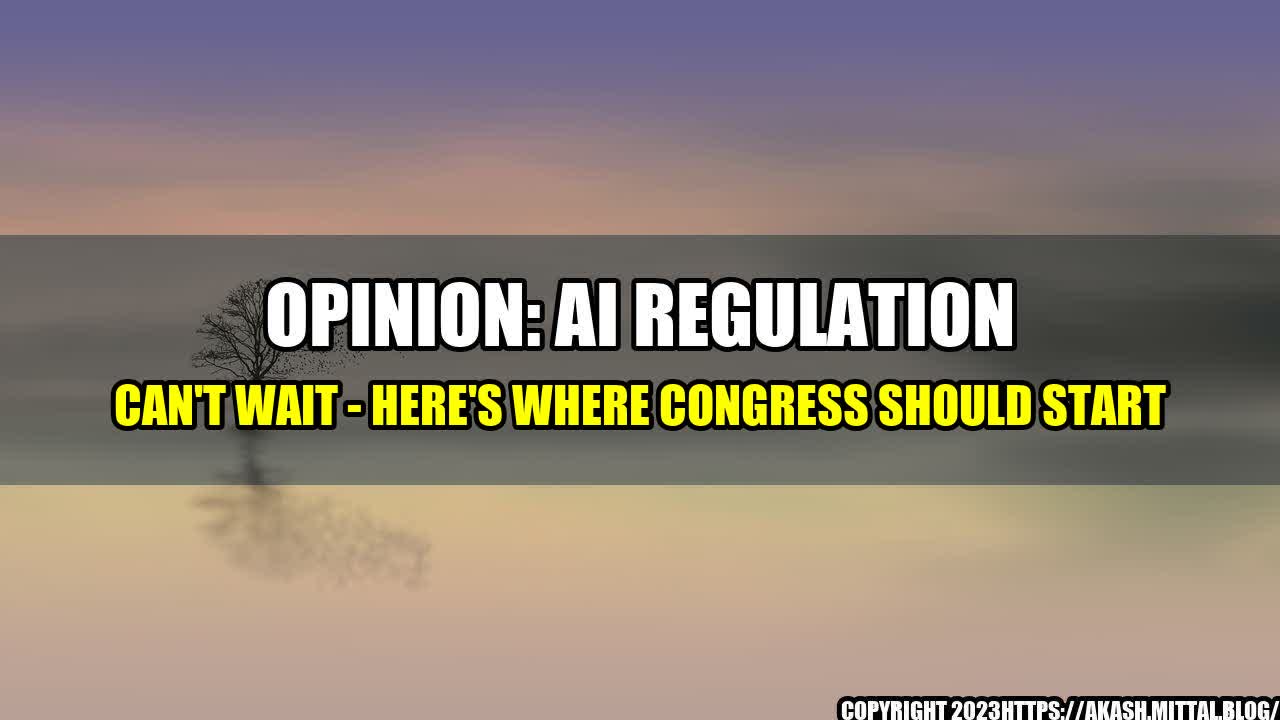The Story
Imagine you're walking down a busy street in a big city. Suddenly, you hear a loud crash and turn to see a car accident just a few feet away. You've been trained in first aid, so you run over to see if you can help. As you approach, you see that both drivers are conscious but injured, and there's broken glass and twisted metal everywhere.
You assess the situation quickly and decide to call 911 for an ambulance. As you're dialing, you notice a small drone hovering overhead, recording the scene. You wonder who's controlling it and what they plan to do with the footage.
This scenario isn't just hypothetical. With the rise of artificial intelligence (AI) and drones, it's becoming more and more common for individuals and organizations to collect and use vast amounts of data. But who decides what's ethical and legal when it comes to AI?
The Issue
AI is already being used in a variety of industries, including healthcare, finance, transportation, and security. While AI has the potential to revolutionize these fields, it also raises serious concerns about privacy, security, and fairness.
For example, AI algorithms may inadvertently perpetuate or even amplify existing biases and discrimination, such as racial profiling or gender inequality. Additionally, AI systems may be hacked or manipulated, leading to false information and potentially dangerous situations.
Furthermore, there's currently no universal standard for AI regulations across different countries and industries. Without consistent regulations, it's challenging to enforce ethical and legal boundaries for AI technology and its applications.
The Examples
Here are just a few examples of how AI is currently being used and the potential risks involved:
- Healthcare: AI algorithms are used to diagnose diseases and predict patient outcomes, but there are concerns about data privacy and accuracy.
- Finance: AI algorithms are used to make investment decisions and detect fraud, but there are concerns about transparency and accountability.
- Transportation: AI algorithms are used to control self-driving cars and drones, but there are concerns about safety and security.
- Security: AI algorithms are used to detect potential threats and identify suspects, but there are concerns about bias and accuracy.
Additionally, AI is already being used in social media and search engines to personalize content and target advertising, raising concerns about individual privacy and data exploitation.
The Solutions
So what can be done to regulate AI and ensure it's used ethically and legally? Here are three potential solutions:
- Establish a national AI regulatory body: Similar to how the Federal Communications Commission (FCC) oversees telecommunications, a national AI regulatory body could oversee AI development and ensure ethical and legal standards are met.
- Create industry-specific regulations: Because different industries have different needs and concerns when it comes to AI, it may be more effective to create regulations specific to each industry.
- Collaborate with industry leaders: Instead of relying solely on government regulations, industry leaders could work together to establish ethical and legal standards for AI technology and applications.
It's important to note that any solution must involve collaboration and cooperation between government, industry, and the public. Regular consultation with experts and stakeholders will be necessary to ensure regulations adapt to the rapidly evolving AI landscape.

Curated by Team Akash.Mittal.Blog
Share on Twitter Share on LinkedIn